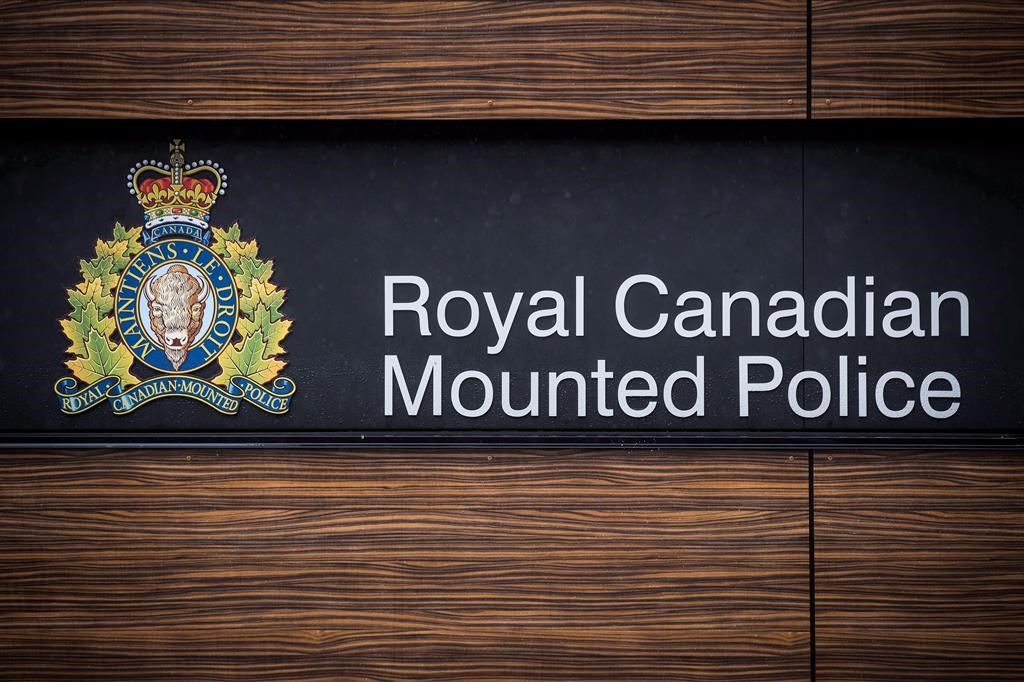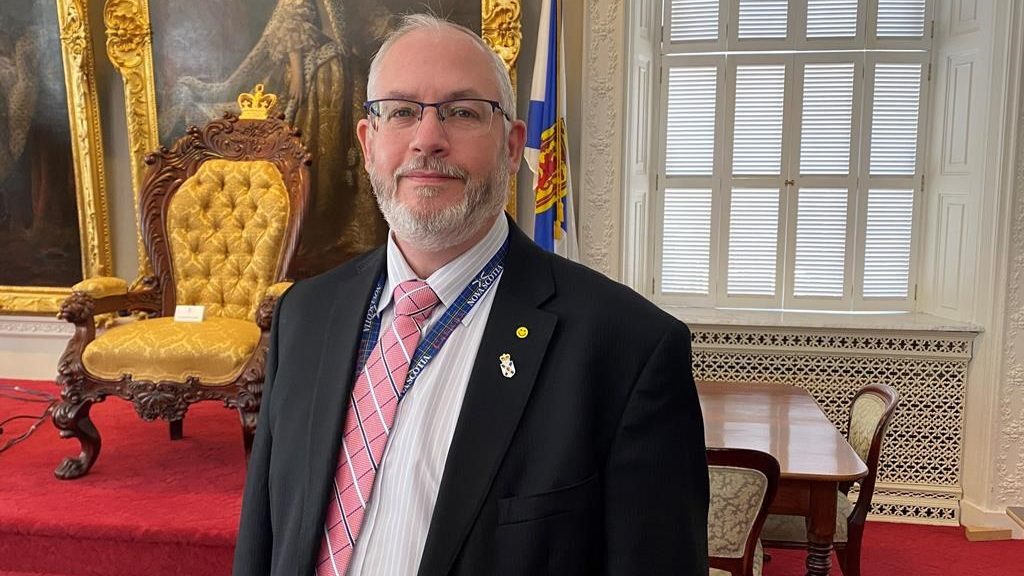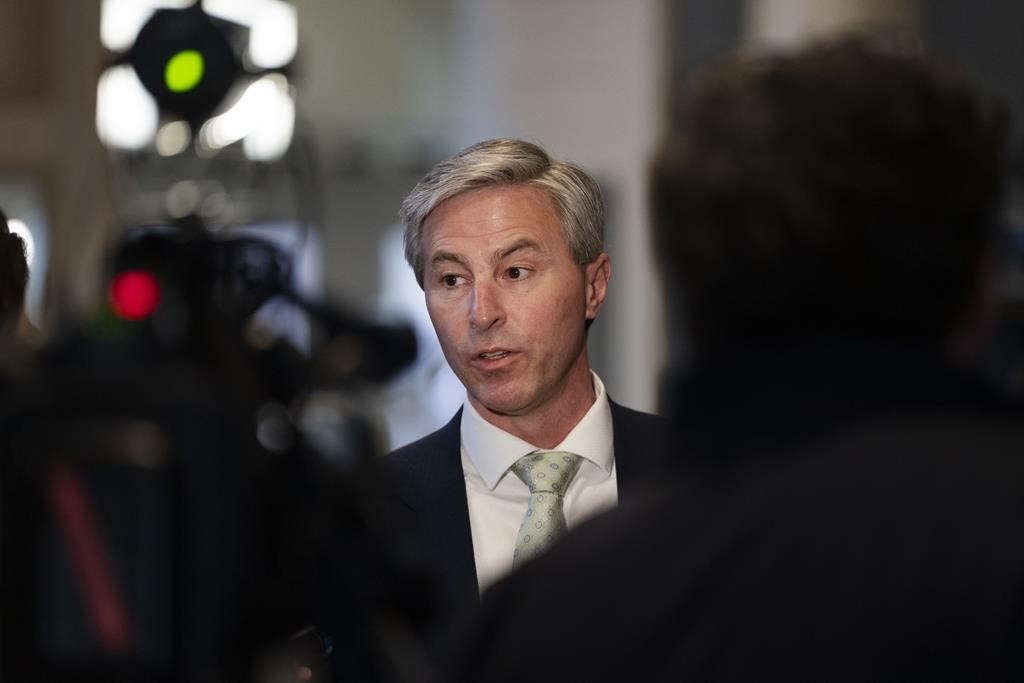Eye doctor’s claims to aboriginal health-care program raised red flags: report
Posted Jan 21, 2013 08:59:14 PM.
This article is more than 5 years old.
OTTAWA – A Saskatchewan optometrist’s billings to the federal health program for aboriginals raised red flags with Health Canada, a newly released document shows.
But a departmental review found staff on the ground lacked the tools and know-how to thoroughly look into allegations of wrongdoing.
The apparent shortcomings come to light as part of an ongoing, months-long investigation by The Canadian Press into alleged wrongdoing involving the Non-Insured Health Benefits program.
The program provides coverage to eligible First Nations people and Inuit when they are not insured by private or provincial plans.
A report dated March 2012 describes the apparent difficulties that Health Canada staff in Saskatchewan experienced when they tried to look deeper into allegations about the unidentified optometrist’s billings.
“The reviewer found that NIHB regional staff became aware of possible inappropriate billing practices through a phone call … at the time to the regional office,” the document says.
“When this information came to NIHB staff attention, it was quickly escalated to management.
“Steps to document details of the possible infractions and gather substantiation (evidence) however, were minimal. Details as to the possible date(s) of the infractions, names … and other additional information would greatly have benefited pinpointing where the possible inappropriate practices were occurring.”
Health Canada ended up dispatching a reviewer to Saskatchewan last February to get to the bottom of the matter, the report says.
The reviewer spoke to regional department staff, met the optometrist and his assistant and poured over dozens of billings and client files.
The reviewer found “billing irregularities” and spotty record-keeping, according to the report.
“Amounts claimed for products and services provided to the client on the dates stated were not supported by available evidence,” the document says.
The report advises that “additional audit work” may be required to verify some of the billings.
But the document also makes recommendations for Health Canada’s regional staff who work on the NIHB program.
“The reviewer found that NIHB regional staff, while cross-trained in all NIHB benefit areas, including the vision-care benefit, require tools to assist them to better assess service provider inconsistencies when uncovered.”
Those tools include checklists to help regional staff as they gather evidence to support allegations about questionable billings, the document says.
The Canadian Press obtained the 10-page final report and drafts under the Access to Information Act.
In the documents, Health Canada has blacked out any information that could identify the Saskatchewan optometrist, except the fact that the person runs two vision-care offices in the province.
Health Canada spokesman Stephane Shank said a follow-up to the review did not find any evidence of inappropriate claims, but it did identify “procedural deficiencies.”
“The results of the review determined that documents were not being retained by the provider who was not aware of Health Canada procedures,” Shank said in an email Monday.
“The service provider was informed of the review’s findings. The region is providing direction and support on administrative deficiencies identified.”
Without offering details, Shank added that the department has come up with a plan to address the issue of apparent shortcomings among NIHB staff in the province.
“The program is continually refining its processes and systems to improve the rigour of its adjudication processes and support staff who are responsible for processing health benefit claims.”
The optometrist’s case is the latest in a string of alleged abuses of federal money for aboriginal health care by pharmacies, a health clinic and a remote nursing station — all of which have purportedly cost taxpayers millions of dollars.
Those allegations so far include:
— Staff at a remote nursing station in northern Ontario who allegedly authorized expensive medical flights to go grocery shopping;
— A Manitoba pharmacist who agreed to pay back thousands of dollars to the federal government for an alleged over-billing scheme;
— A New Brunswick First Nations health centre where half a million dollars that came from federal contribution agreements was allegedly misappropriated;
— Another Manitoba pharmacist and his former drug store who face a multimillion-dollar lawsuit from the federal government over allegations they defrauded the NIHB program;
— A pair of pharmacies in Nova Scotia and Saskatchewan that allegedly submitted phoney claims to the aboriginal health-benefits plan;
— A defunct Ontario eyewear store that allegedly broke the rules for billing the NIHB program, including listing the name of a machine as the prescribing doctor on some of its reimbursement slips.
Police have been called in at least four times and the Canada Revenue Agency is involved in one case. The federal government has also taken several pharmacies to court over allegations they submitted bogus claims to the program.
None of the allegations have been proven in court.










